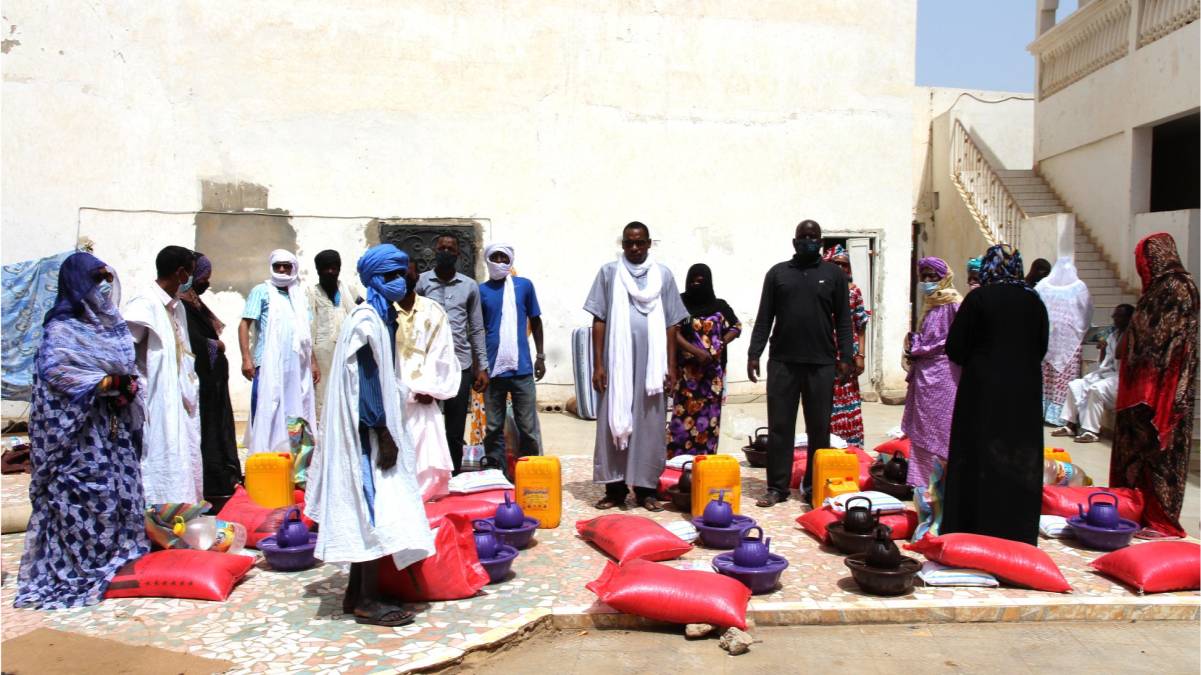
AGD
The Association of Managers for Development (AGD) promotes education on human rights as well as health, sexual and reproductive rights, including the fight against HIV/AIDS.

Upon its creation, in 2003, AGD specialised in micro-credits. However, the spread of HIV led the association to redirect some of its activities towards the fight against the epidemic, while continuing to support entrepreneurship amongst women and young people. Two drop-in and care centres in Nouakchott and Rosso open their doors to several hundred people every month. In Mauritania, men who have sex with men (MSM), sex workers (SW) and detained persons are especially impacted by the pandemic with a prevalence rate that is five to forty times higher than the national average. AGD is one of a small number of associations that work openly with these populations and involve health authorities in their great debates of awareness (“causeries”) and in holding testing sessions.
Faced with a legislative environment and a society that are particularly prone to discrimination, the association is engaged in long-term advocacy work with political and religious leaders in order to allow key populations and young people to live out their rights fully.
Key Figures
AGD
years serving youth and PLHIV
training sessions for young people
beneficiaries
Close up
Empowering youth with EMELI project
The unprecedented demographic boom seen in the Sahel region comes with several challenges. Precarious employment and unemployment in a saturated labour market, poverty and social exclusion are all factors that drive young people in particular towards perilous irregular migration and into groups that preach violence.
In order to overcome these challenges and support the Mauritanian government in its policy to promote young people, AGD has implemented EMELI project in partnership with the International Organization for Migration (IOM) and national authorities and with financial support from the US Agency for International Development (USAID). Their aim is to strengthen personal and professional skills among young people, especially those from mahadras (informal Islamic education) and youth groups in order to help them gain access to better opportunities. To this end, they run professional training programmes in growing sectors of the Mauritanian economy. The project also intends to give a voice to these young people from the outskirts of Nouakchott and to community-based associations by revitalising a youth cultural centre (centre culturel d’échange des jeunes / CCEJ) in Sebkha which hosts various sporting, cultural and recreational activities as well as offering training in leadership, critical thinking, the voluntary sector, personal development, citizenship, art and cinema. With the firm conviction that young people explore and develop their potential and gain confidence in their abilities though action, the association’s team has seen high levels of engagement in their capacity-building workshops and self-funding projects (e.g. poultry yards, restaurants and citizen-led sanitation campaigns). The first phase of the programme has now ended and the results are promising. The CCEJ is an environment that enhances youth development, their employability and sense of social worth.